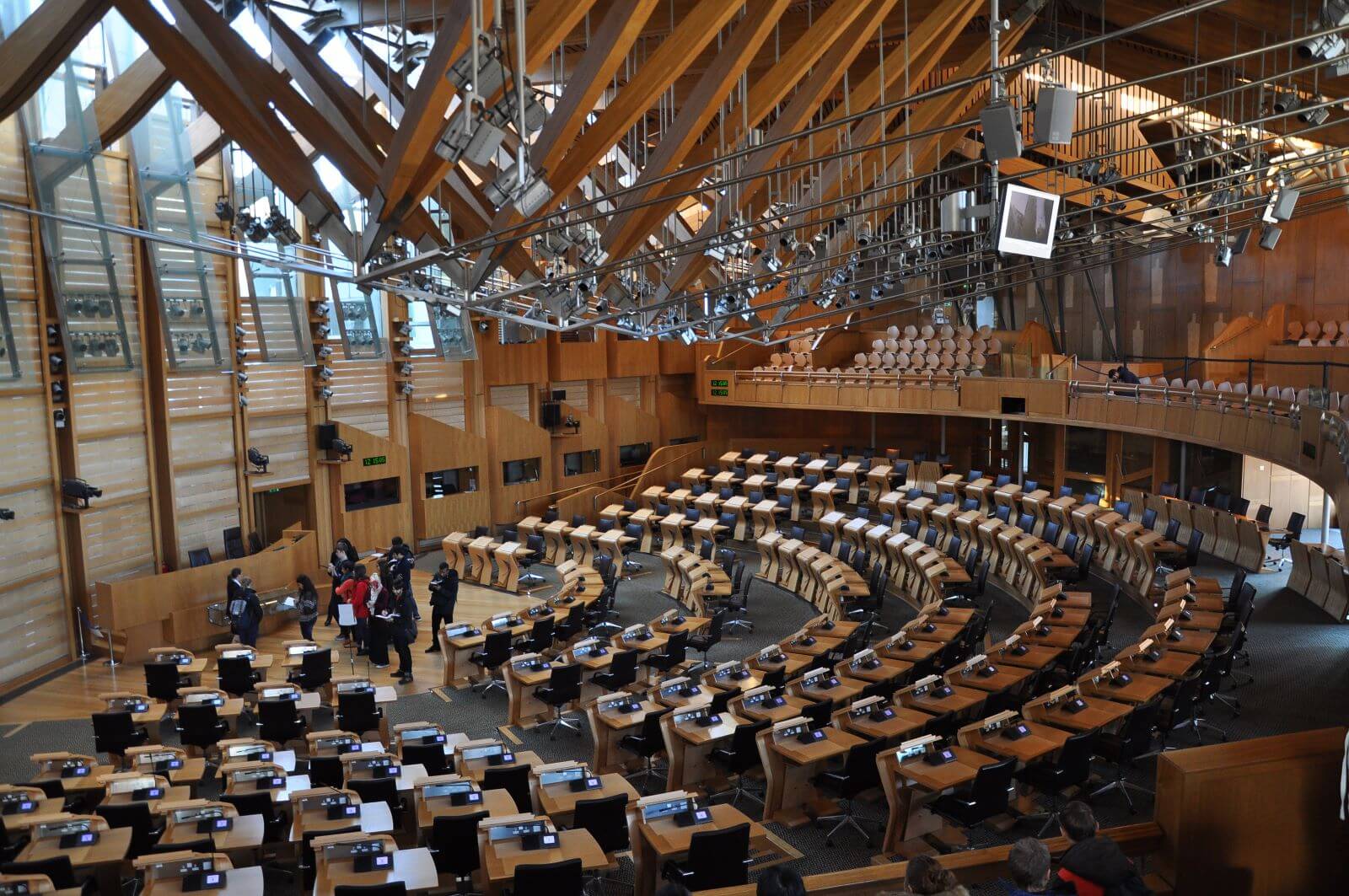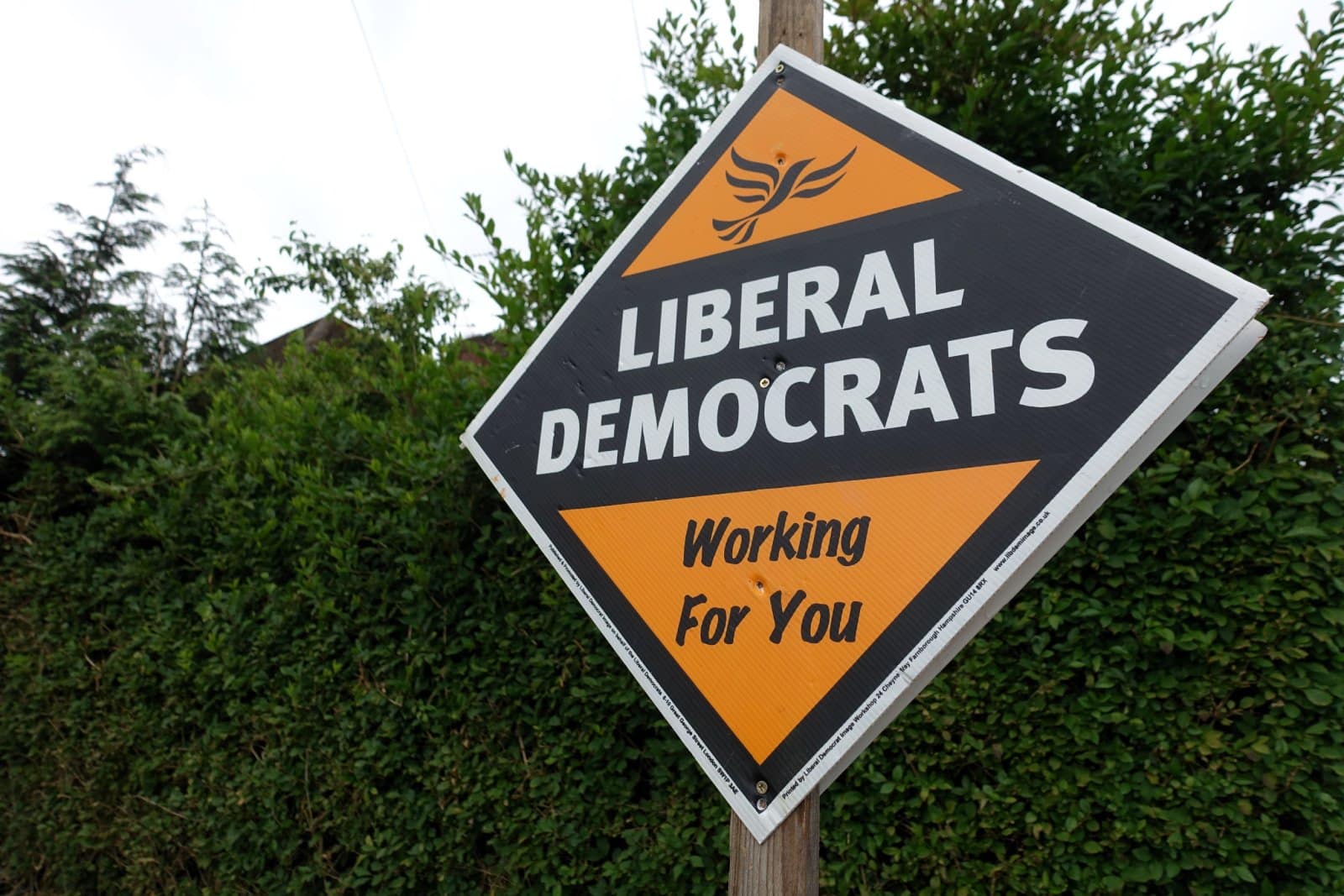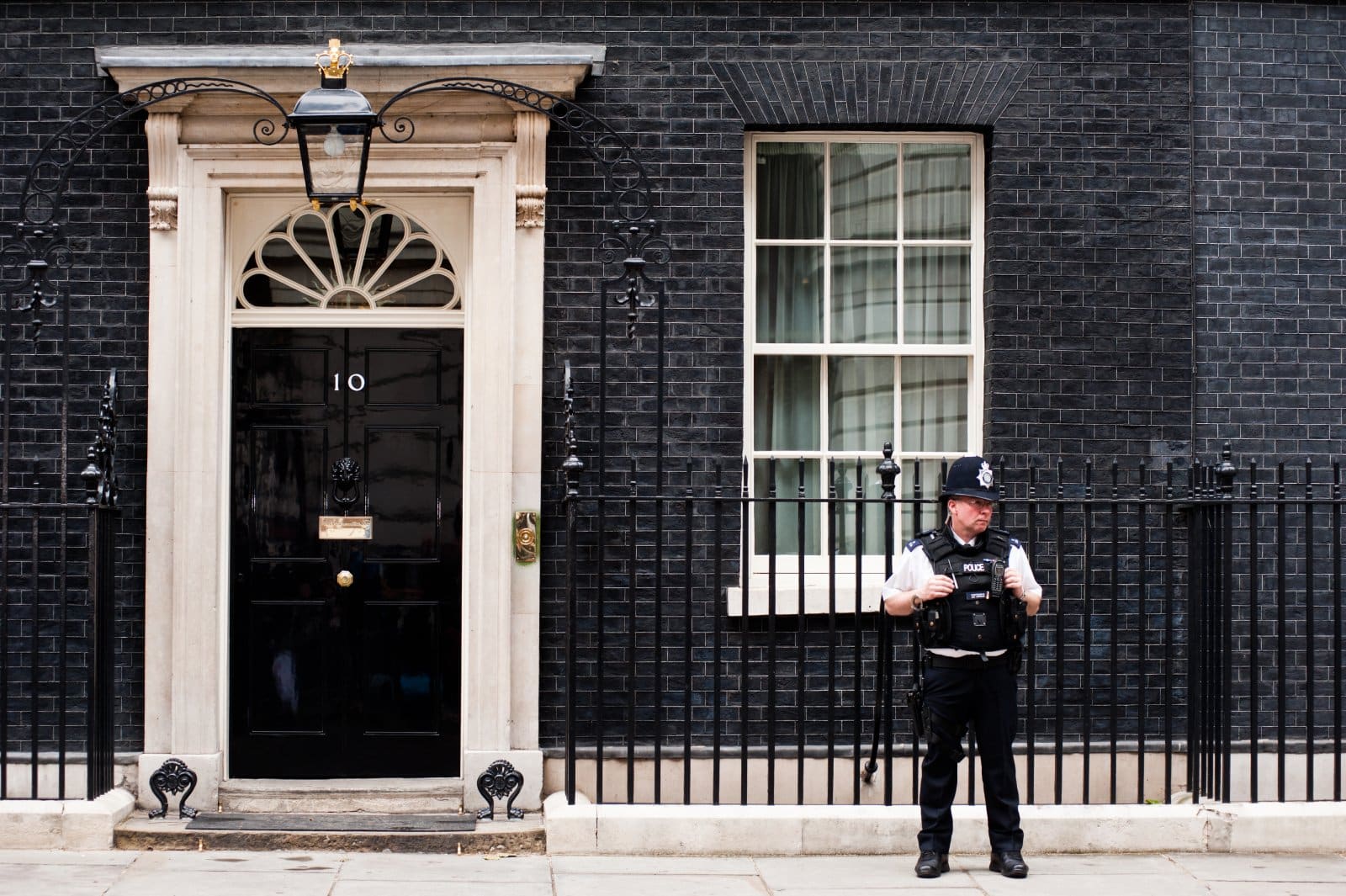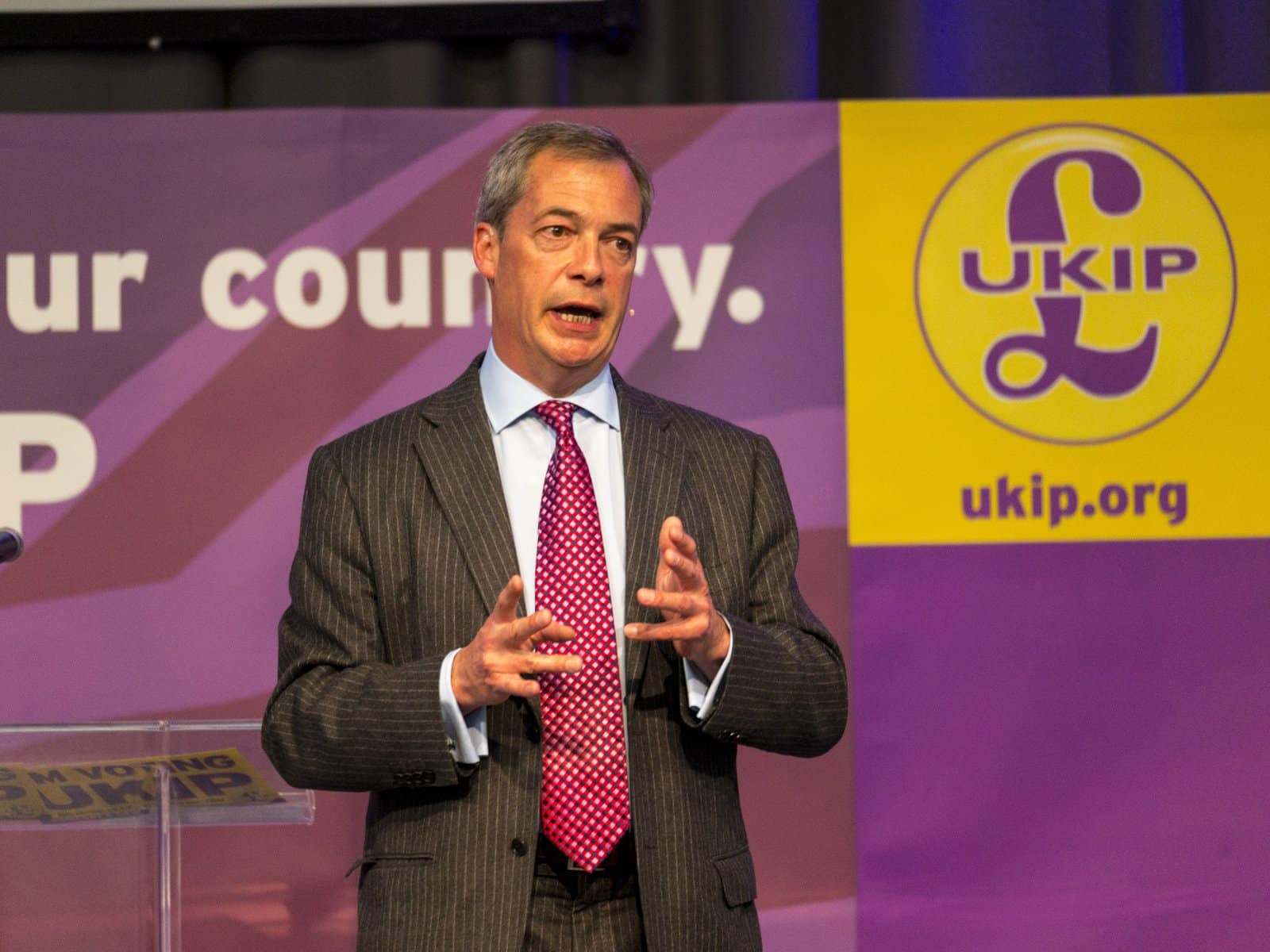Since the election, Reform UK has hailed its success in winning five seats. Now that the dust has settled and the analysis has come through, it’s clear that this isn’t a Reform UK win; it’s a Tory loss.
Seats Matter Most

First of all, let’s look at what matters. Power is decided by how many seats you win. Reform UK is a minor party on that score—dwarfed even by the Liberal Democrats.
Reform UK Joint 7th

In our first-past-the-post system, Reform UK is only the joint seventh-most powerful party in the country.
Tory Losses Shout Loudest

The most apparent shift in the voting numbers involves the Tories. The Conservatives won only 121 seats, down 244 from their 2019 total of 365 seats.
Tory Vote Share Plummeted

In 2019, the Tories won 13,966,454 votes, representing 43.6% of the popular vote. In 2024, they won 6,827,112, representing 23.7%.
Tories Losing Voters Everywhere

The Tory voters on the right wing left to go to Reform UK. They lost around 2.4 million voters to Reform UK.
Labour Benefitted Too

Wanderscot
Somewhat surprisingly, around 1.5 million people who voted Tory in 2019 voted for Labour in this election.
Lib Dems Benefitted

Around 300,000 2019 Tory voters voted for the Liberal Democrats this time.
Some Tories Even Turned Green

A similar figure even decided to vote for the Green party. They benefited from around 300,000 former Tory voters.
Lots of Tories Didn’t Vote at All

Interestingly, around 2.4 million Tory voters from 2019 decided not to vote this time, such was their disillusionment with the state of politics.
Reform UK Claims Wide of the Mark

So, while Reform UK will celebrate ‘destroying the Tories’, the reality is that 4.5 million previous Tory voters didn’t actually vote for Reform UK; instead, they went to the other parties or nowhere.
Evidence Shows UK Heading Left, Not Right

Some people on the right of the political spectrum have heralded this as proof that the nation is heading to the right. Of the 650 seats up for grabs, over 500 went to centrist or left-of-centre parties.
Lazy Narrative Around Reform UK

There’s a lazy narrative that Reform UK is exploding in popularity or is a ‘brand new’ party. Neither is true. Reform UK is UKIP by another name, and UKIP was founded in 1993, making it 31 years old.
Reform UK Not Growing Much

In the 2024 general election, Reform UK won 4,117,221 votes, while UKIP won 3,881,099 votes in 2015. This means Reform UK voter numbers have only grown by 6% in nine years.
Compared to Centre-Left Voter Growth

To make a fair comparison of parties of similar size, the Lib Dems’ vote share increased by 45.6% in the same time period.
Green Shoots

The Green Party’s voter numbers increased by 120.44% compared to the last election, so the true growth is on the left, not the right.
Expected Higher From Reform UK

Given the ‘success’ of the Brexit campaign, 14 years of right-wing power, a collapse in the Tory party and the popularity of Farage, you’d expect the numbers voting for Reform UK would be significantly higher.
Lots of Talk, but Very Little of It Accurate

It shows that the prevailing narrative is wrong—a vocal minority is doing a good job of PR for Reform UK. However, they aren’t growing in popularity at anywhere near the same rate as the centre-left parties.
Reform UK Needs to Professionalise

Too much of the attention Reform UK draws to itself is for negative reasons: racism, divisive comments, and false promises. If they want to win, they need to leave that behind.
No Excitement in Negativity

For any party to win, it must appeal to many people. Reform UK is too divisive, too amateur and too one-track. If immigration is solved, they’ve got little else to talk about.
Inspiration is Lacking

Reform UK needs to understand if there are problems, sell a positive solution. Sell change. Farage lost seven times in elections – you’d have thought he’d have learned by now. Instead, he continues to preach hate and division. It won’t win over enough people.
Featured Image Credit: Shutterstock / photosince.

